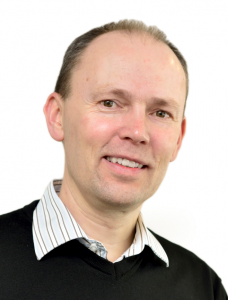11.0 Lunchtime Keynote: Memory Driven Computing to Revolutionize the Medical Sciences
Joachim Schultze, German Center for Neurodegenerative Diseases, Germany

As any other area of our lives, medicine is experiencing the digital revolution. We produce more and more quantitative data in medicine, and therefore, we need significantly more compute power and data storage capabilities in the near future. Yet, since medicine is inherently decentralized, current compute infrastructures are not build for that. Central cloud storage and centralized super computing infrastructures are not helpful in a discipline such as medicine that will produce data always at the edge. Here we completely need to rethink computing. What we require are distributed federated cloud solutions with sufficient memory at the edge to cope with the large sensor data that record many medical data of individual patients. Here memory-driven computing comes in as a perfect solution. Its potential to provide sufficiently large memory at the edge, where data is generated, yet its potential to connect these new devices to build distributed federated cloud solutions will be key to drive the digital revolution in medicine. I will provide our own efforts using memory driven computing towards this direction.
Joachim L. Schultze is Professor for Genomics & Immunoregulation at the Life and Medical Sciences (LIMES)-Institute and Founding Director of the PRECISE Platform for Single Cell Genomics and Epigenomics at the German Center for Neurodegenerative Diseases and the University of Bonn. He went to Medical School at the University of Tübingen, spent almost 10 years at Dana-Farber Cancer Institute, Harvard Medical School, in Boston before he returned to Germany with a Sofia Kovalevskaya Award of the Humboldt Foundation. He is the coordinator of the German DFG-funded NGS competence centers in Germany, one of the speakers of the West German Genome Center, and one of the speakers of the only German Excellence Cluster in Immunology: ImmunoSensation2. He contributes his expertise to several EU consortia, amongst them SYSCID. He is an expert in macrophage biology and works at the interphase between immunology, genomics and the computational sciences. With his team he was the first to apply memory driven computing to genomics research. With his own research group and the PRECISE platform, his goal is to bring single cell technologies and machine learning approaches to the clinical arena. He is leading several programs on applying single cell technologies and memory driven computing to patients with Alzheimer’s disease, chronic obstructive pulmonary disease, lung cancer or HIV. He has established research collaborations with HPE, AstraZeneca, Boehringer Ingelheim, Becton Dickinson and other companies.


